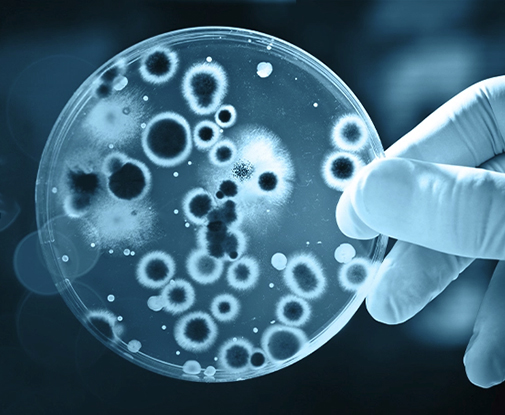Microbiology

Microbiology is the study of microorganisms, which are tiny organisms that are too small to be seen with the naked eye. Microbiology includes the study of bacteria, viruses, fungi, and other microorganisms, as well as their roles in health and disease. Microbiologists use a variety of techniques, including microscopy, culture methods, and molecular techniques, to study microorganisms and understand their functions and interactions with their environments.
Molecular biology is the study of the structure and function of genes and their role in the transmission of inherited traits. It involves the use of techniques from biochemistry and genetics to study and manipulate the molecules that make up living cells, such as DNA and RNA. Molecular biologists use a wide range of techniques, including DNA sequencing, PCR, and gene expression analysis, to study the functions of genes and understand how they are regulated.
Both microbiology and molecular biology are important fields of study within the field of biology and have many practical applications in medicine, agriculture, and other areas. They continue to be areas of active research and discovery, as scientists seek to better understand the complex processes that occur within living cells.







